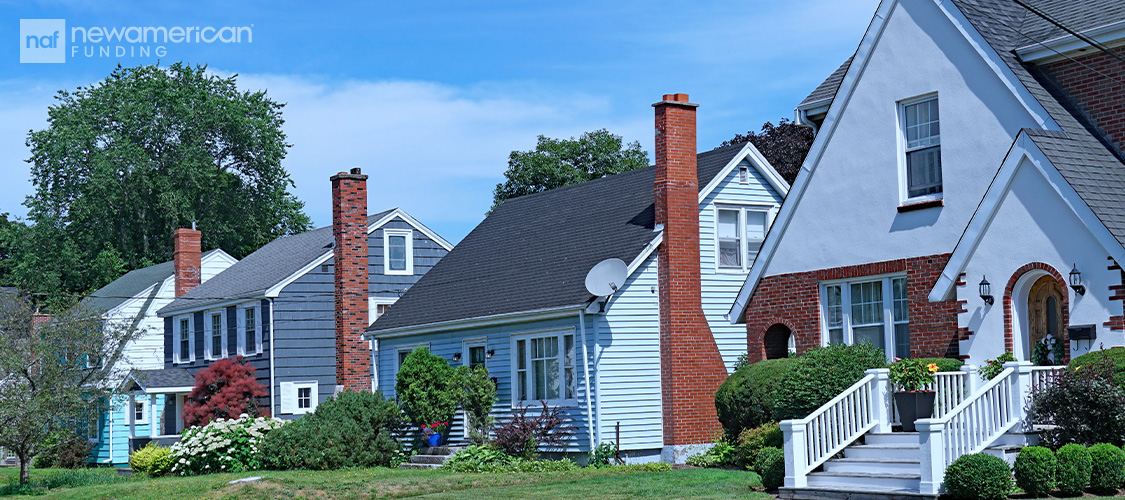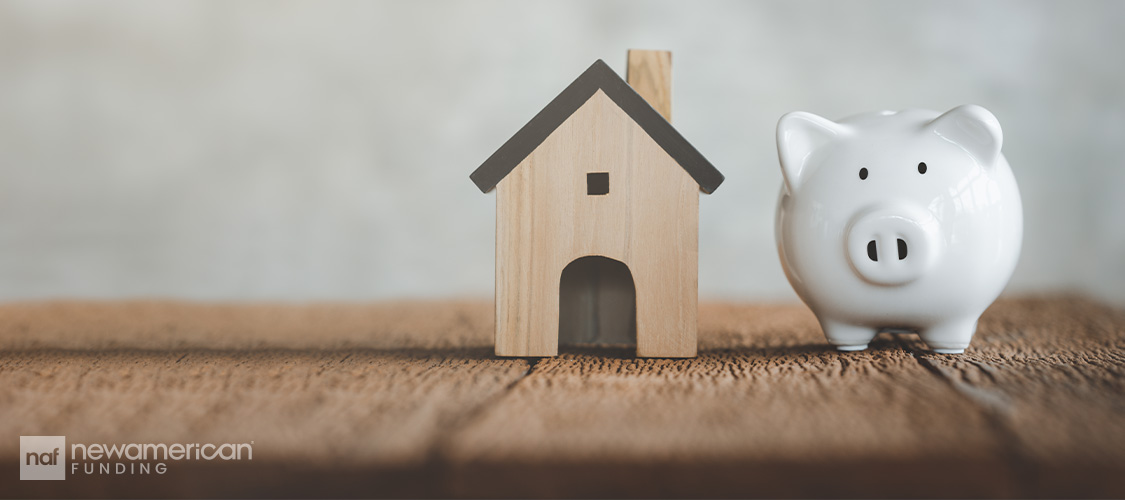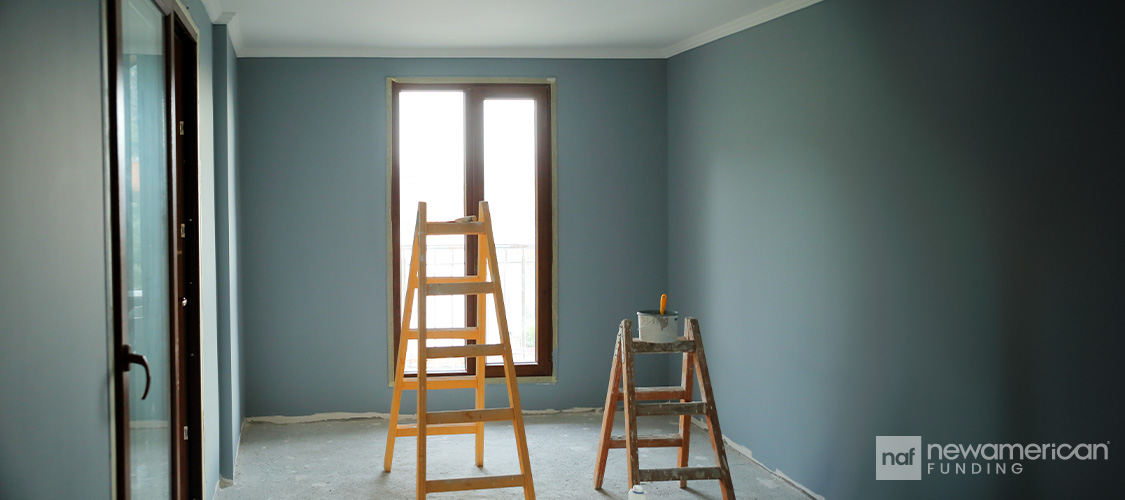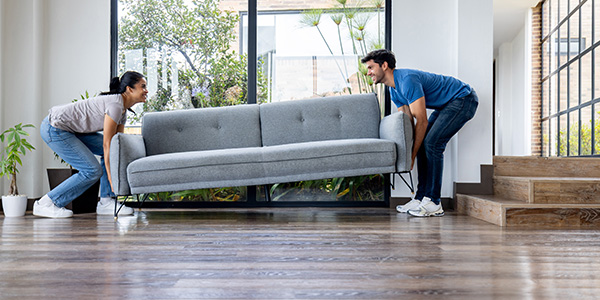Homebuyers
Starter Homes: How They Can Get You on the Property Ladder
May 20, 2025
For many first-time buyers, the idea of homeownership is both exhilarating and daunting. Sometimes, the homebuying process can feel like an uphill battle, especially for buyers facing affordability headwinds.
However, if you’re willing to shift your mindset and embrace the concept of a starter home, you may find yourself unlocking the door to your very own place sooner than you think.
“Just about every homeowner you ask will tell you the best decision they ever made was the purchase of their first starter home,” said Bruce Ailion of RE/MAX Town & Country in Atlanta.
A starter home isn’t necessarily the place you will live in for the rest of your days—and that’s okay. It can be your golden ticket to building equity, increasing financial stability, and climbing the property ladder toward something bigger and better down the road.
What is a starter home?

A starter home is exactly what it sounds like, generally a first property that serves as an entry point into the real estate market. Usually, these homes are smaller, cheaper, and in neighborhoods that may not be the most popular—at least not yet.
Unlike a forever home, which buyers purchase with the long-term in mind, a starter home is often seen as a steppingstone. It’s a place you can afford right now and meets your basic needs. But it might require some compromises.
For example, maybe it’s missing the chef’s kitchen from your Pinterest board or doesn’t have the sprawling backyard you envisioned for summer barbecues. But here’s the thing—what it lacks in luxury, it makes up for in opportunity.
“It becomes apparent if [buyers] are truly motivated to purchase and own a home—a very adult commitment—if they are willing to compromise and not insist on the ‘perfect’ home,” said Gerard Splendore, a broker at Coldwell Banker Warburg in New York City.
The importance of building home equity

One of the biggest advantages of homeownership—starter home or otherwise—is gaining equity. Unlike renting, where your monthly payment disappears into your landlord’s pocket, homeownership allows you to build wealth with each mortgage payment.
Equity is the part of your home you own versus what you owe on your mortgage.
“Because starter homes come at a lower price point, they allow first-time buyers to enter the market without overstretching their finances,” said Splendore. “They also tend to appreciate over time, meaning you can build wealth even if the home itself isn’t your ultimate endgame.”
As you pay down your loan and (hopefully) as property values rise, your equity grows. You can leverage that equity for future real estate investments, renovations, or even to help fund the purchase of your next home.
How a starter home sets you up for success
The property ladder is a term that refers to the progression homeowners make from one home to another, typically moving up in price and desirability as their finances and life circumstances change.
A starter home is the first rung on that ladder.
Think of it this way: If you wait until you can afford your ultimate home, you could be stuck renting for years while home prices climb.
“The primary mistake I see people make is to wait till they find the perfect home at the ideal price,” said Ailion. “It is a better strategy to compromise and buy something to get started.”
Many homeowners don’t stay in their first homes forever. The typical home seller has been in their home for 10 years, according to the National Association of Realtors’ 2023 Profile of Home Buyers and Sellers.
The key is using your starter home wisely, treating it as both a place to live and an investment vehicle.
A starter home may not have it all—and that’s okay

Starter homes may not come with all the bells and whistles, but even a modest starter home can be transformed into something special. A fresh coat of paint, thoughtful DIY projects, and smart renovations can make a home feel like yours without stretching your budget.
“A starter home is a crash-course in all things about homeownership: insurance, exterminators, neighbors, trash pick-up, appraisals and taxes, roofs, wiring, plumbing, landscaping, and windows, to name just a few,” said Spendore. “I always encourage renters to take the leap and buy.”
Waiting for the perfect home at the perfect time can be a risky game—especially in a market where prices, housing stock, and competition can shift.
“A starter home is the first rung on the road to wealth and financial freedom,” said Ailion.






 Smart Moves Start Here.
Smart Moves Start Here.